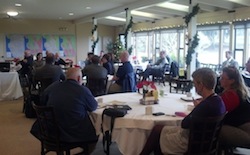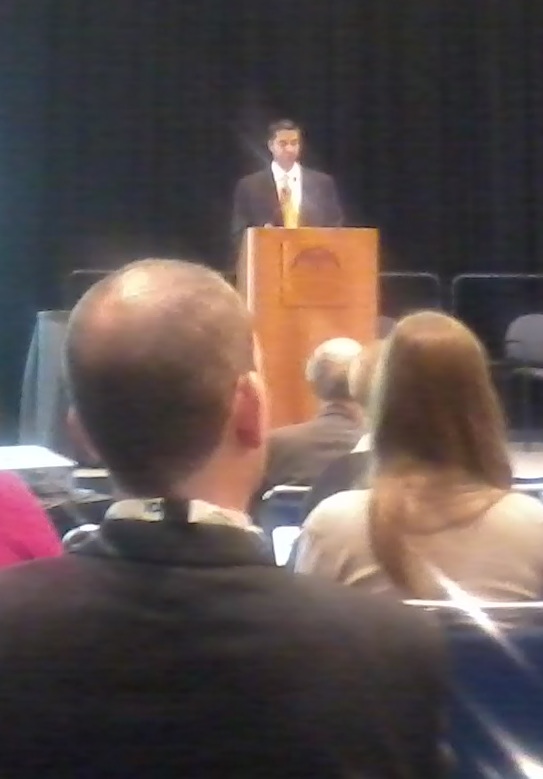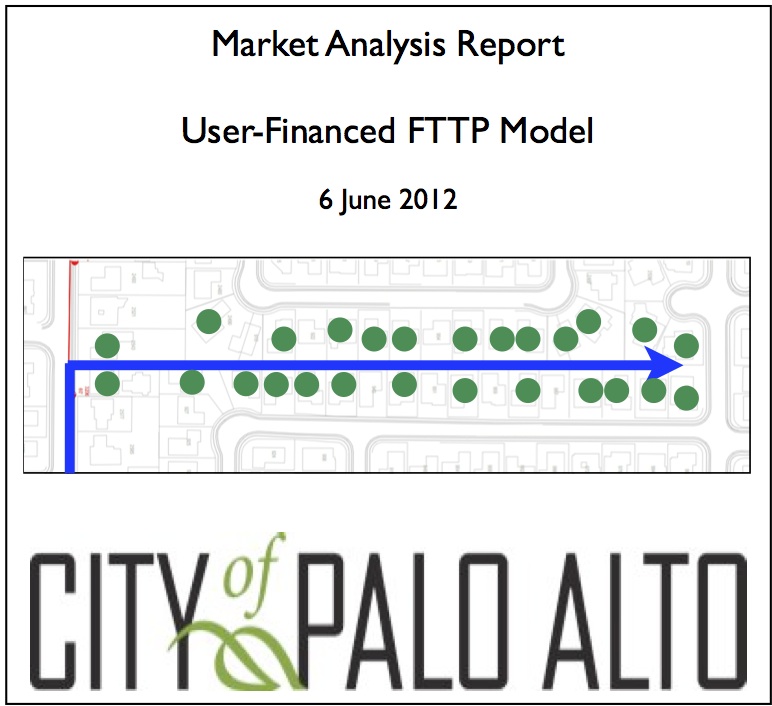Consensus on broadband priorities, solutions emerges from CCBC conference
business, casf, ccbc, community networks, cpuc, economic development, municipal broadband, regional consortia
A series of workshops organized by the Central Coast Broadband Consortium drew about three dozen representatives from Internet service providers, local governments, economic development agencies and other companies and organizations interested in improving broadband access and infrastructure.

The first workshop brought together public works, planning and information technology managers from Salinas, Gonzales, Santa Cruz, Seaside, Watsonville, and Monterey, Santa Cruz and San Benito Counties. They reviewed the CCBC’s policy development and infrastructure inventory projects, and discussed how to make it easier to anticipate and meet future broadband needs.… More




